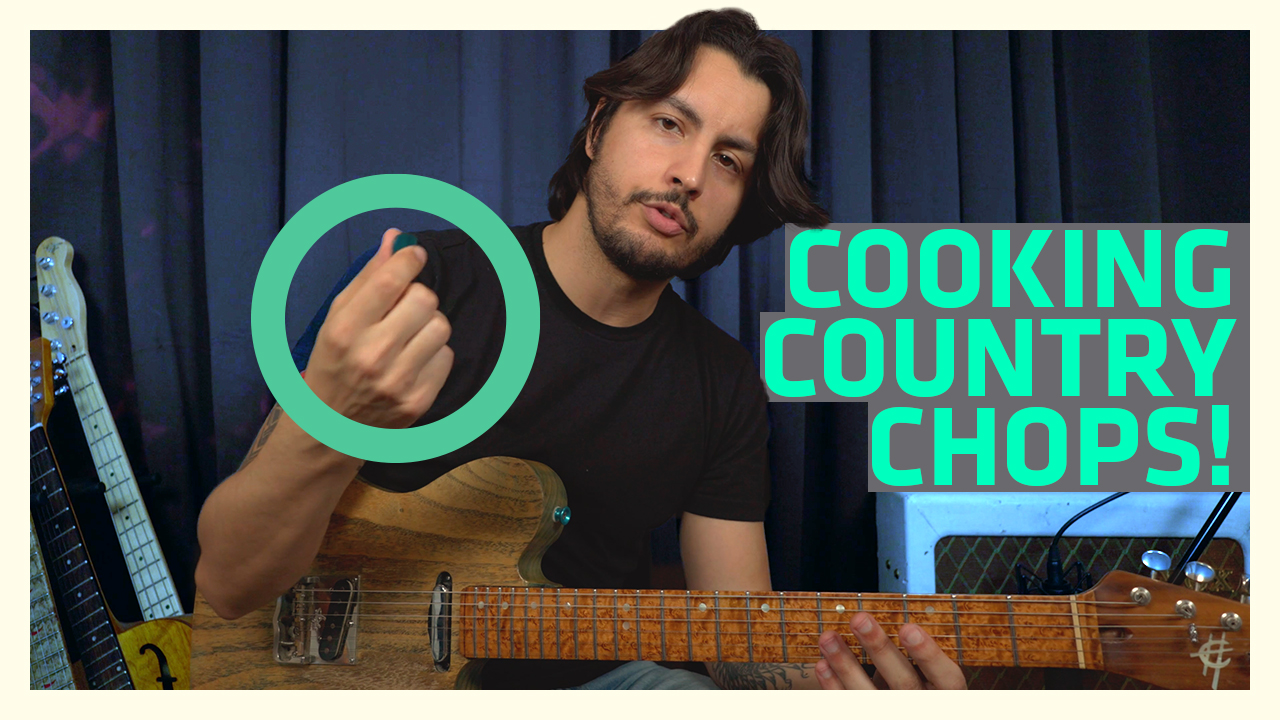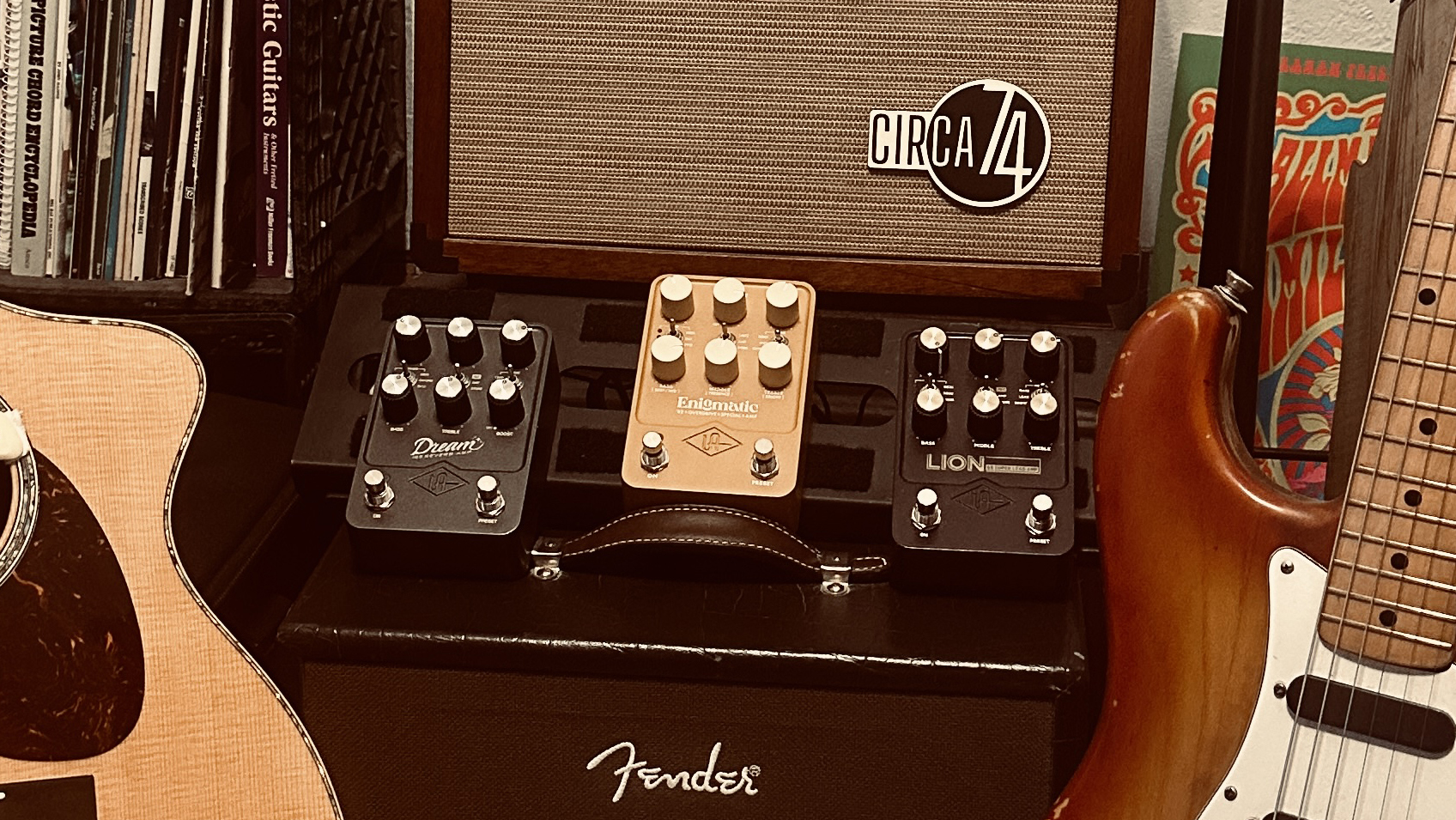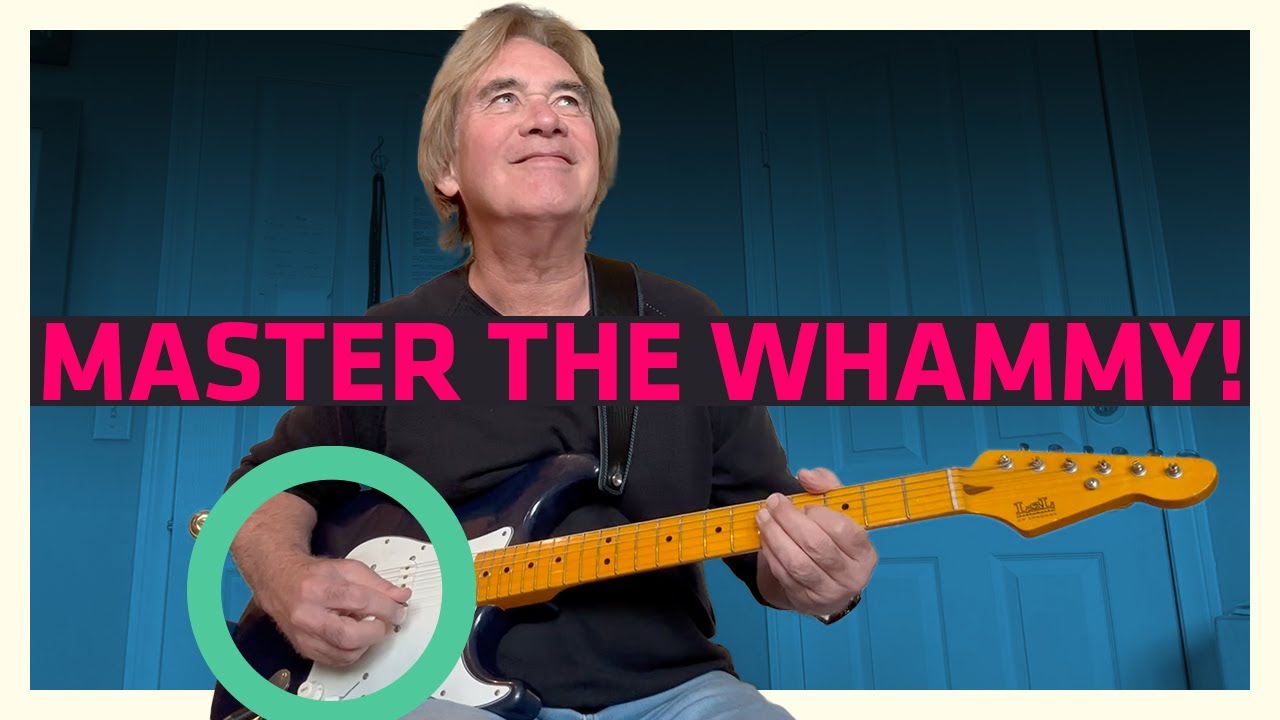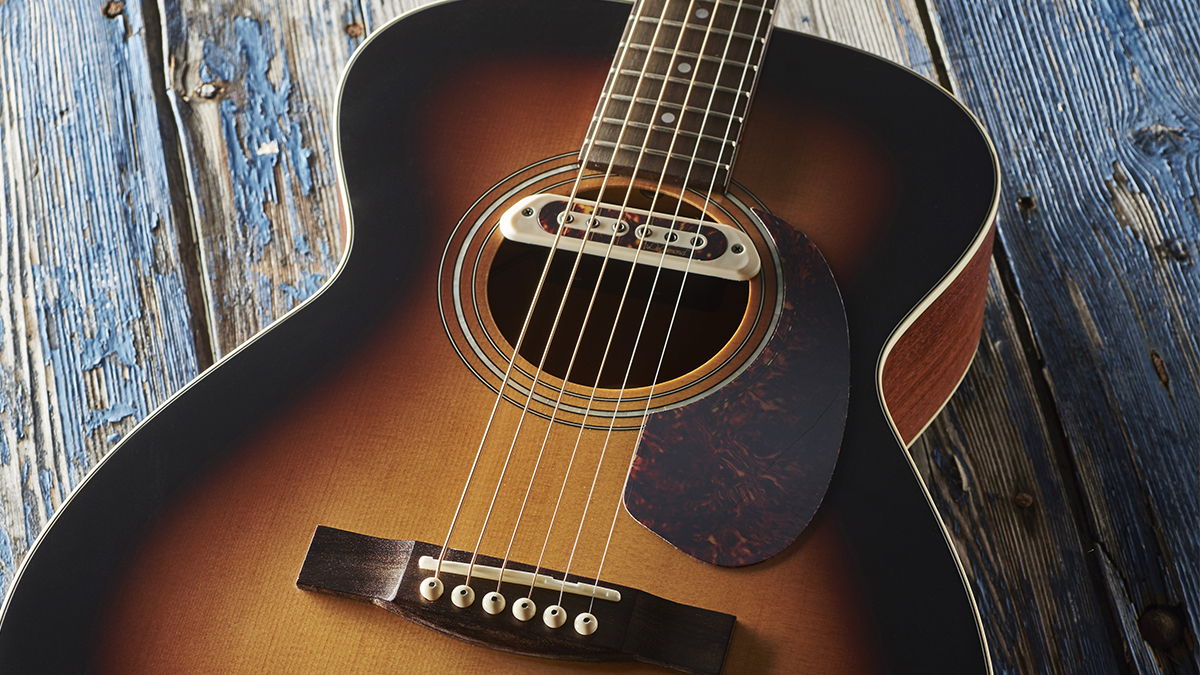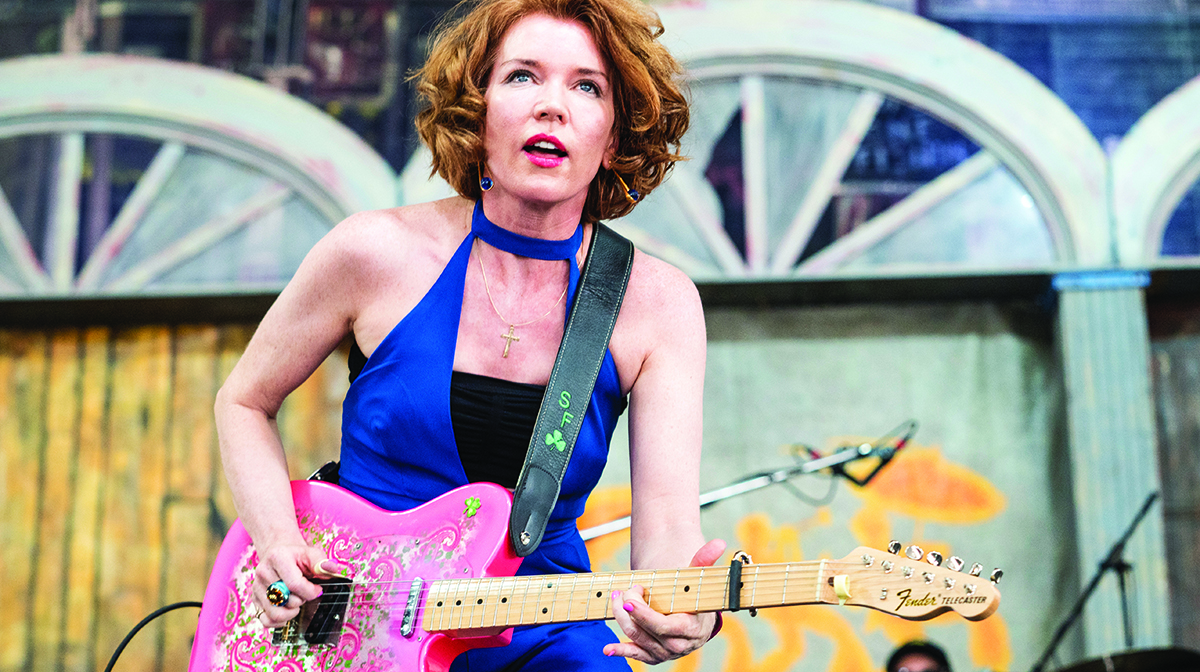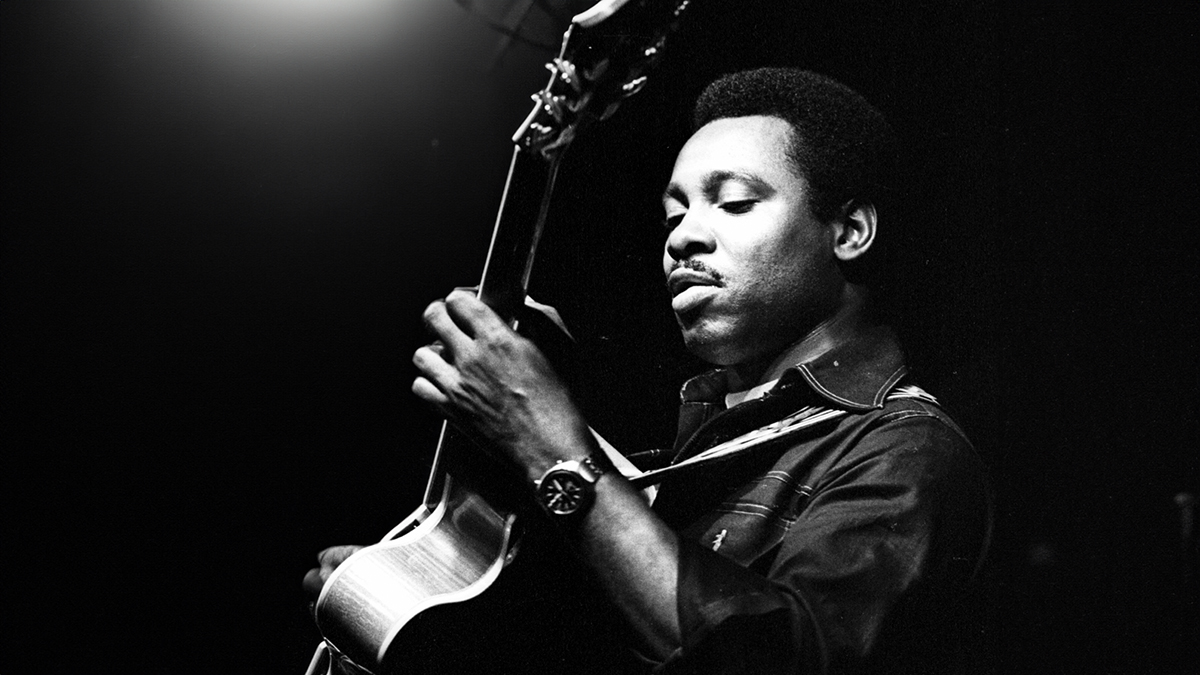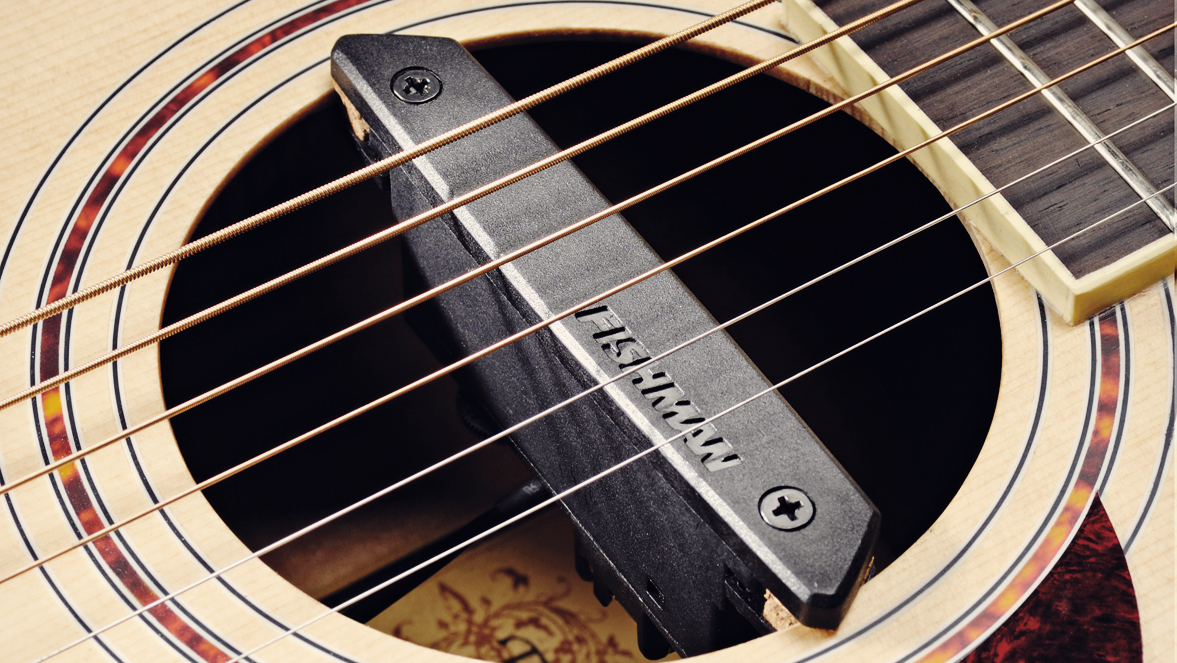“As soon as I started playing a Telecaster, I formed an instant connection with it. It’s like when you find the right person to marry. You just know”: John 5's top tips for beginner, and veteran, guitarists

Any guitarist who can combine country-style chicken pickin’ and hypersonic metal shred is no one-trick pony. Over the course of his career, John 5 has made diversity his calling card, and his six-string services have been called upon by a wide range of artists, including k.d. lang, Marilyn Manson, Wilson Phillips, Lynyrd Skynyrd, David Lee Roth, Rick Springfield, and Salt-N-Pepa, among others.
Until recently, he held down the spot as Rob Zombie’s ace guitar wizard (during which time he also issued a series of popular solo albums), but in late 2022 John 5 joined Mötley Crüe after founding member Mick Mars announced his decision to quit touring.
“From the time I picked up the guitar, I wanted to learn as many different styles as I could,” John 5 says. “I had my heart set on being a being a session guitarist, so I wanted to be able to play anything that anyone asked. I’ve always been intrigued by people who could do something really well, whether it was in sports or painting or filmmaking or music. There was a certain level of proficiency I set for myself, and I made it a point to study as much as possible.”
But while mastering multiple styles of music has worked for him, John 5 recognizes that such an approach might not be right for everyone. “You’ve got to do what you love,” he says. “Maybe you’re so into the blues that it’s all you want to play, and you don’t care about anything else. That’s great – follow your passion. Be the best blues guitarist you can be. You know what’s in your heart, so go for it.”
Whether you’re looking to be an “anything goes” guitarist or a specialist in one area, check out these choice pieces of wisdom from the Tele-totin’ virtuoso.
1. Practice, but make it fun
“It’s so important to make practice an enjoyable pursuit, especially when you’re just starting out. Inspiration is key to having fun when learning an instrument. If you’re a guitar teacher, instead of giving students some scales or ‘Mary Had a Little Lamb’ right off the bat, try to find out what they like. Maybe there’s a student who’s wearing an AC/DC shirt. Perfect! Teach them Highway to Hell and watch their eyes light up. They’ll be so excited that they'll never want to put the instrument down again.
“I’m kind of different from a lot of players, because I was just so obsessed with the guitar when I was starting out – and still am. I wanted to learn my lessons completely. Whatever was put in front of me, I wanted to have it down 100 percent. I sort of treated going to each lesson like I was going to play a concert. That’s how I felt about it, and it was so much fun for me.
“Whatever helps you stay engaged and able to enjoy practicing, go for it. Nowadays there’s so much content available – on Instagram and YouTube – so you can just scroll around and find stuff to inspire you.”
2. Play the guitar that feels comfortable to you
“As soon as you can, find a guitar that suits your hands and feels right next to your body. You might absolutely love the look of a Les Paul, but find you’re more comfortable playing a Stratocaster. The guitar that feels right to you will be the one you connect with.
“This isn’t very complicated. To me, it’s no different than buying shoes. When you try on shoes, you know pretty quickly which pair feels right. You walk around the store and you’re like, ‘Oh, my God. I’m going to wear these until they have holes in them!’ Picking the correct guitar is exactly the same.
“I play a Telecaster. I first saw people playing Teles on Hee Haw – everybody was playing Teles. What’s funny is, one Christmas I got a Stratocaster. I loved it, because Strats are great guitars, but I could tell right away there were things about it that didn’t feel right. It just wasn’t the guitar for me.
“As soon as I started playing a Telecaster, I formed an instant connection with it. Everything about that model felt like it was perfect for me. It’s like when you find the right person to marry. You just know.”

3. Do something every day to further your dream
“Time goes by so quickly. In the blink of an eye, days, weeks, and months can disappear behind you. I know it sounds trite, but try to make every day count. If you want to get your music career going, you have to put in the work. Of course, you have to practice, but there’s a lot more to it than that.
“At the same time, don’t try to overwhelm yourself. You don’t have to conquer the world in a day, but if you can do one thing out of the ordinary each day to further your dream, things will start happening, probably faster than you might think.
“Call other musicians and set up a jam. Call a venue and see if you can get a booking. Maybe contact a producer or a manager. Get yourself out there somehow. If you do that one thing each day, at the end of the week you might be further along than when you started. A week will turn into two weeks, and pretty soon you’ll have accomplished a lot.
“When I was just getting going, I called David Lee Roth’s people out of the blue.
I wanted to further my career, so I got a number and called because I thought, Maybe they’re looking for some music. It worked out, and that turned into a 30-year friendship.
“In some ways, things are a little easier now because you can put videos on the internet and get yourself seen and heard. But you still need to hustle. Again, take things step by step. Each day do something that you didn’t do yesterday. You might not see the results immediately, but doing nothing will ensure that nothing happens.”
4. Stay healthy
“This is something everybody should be mindful of, but it’s especially important if you’re a musician on the road, traveling from state to state, playing different countries and dealing with time changes, different foods, different water – different everything. Your body has to be in incredible shape, because getting sick on the road is no fun at all.
“There are some easy things you can do: Wash your hands, get sleep and watch what you eat. I learned this the hard way. One time, my stomach wasn’t feeling so great, and Rob Zombie told me, ‘You should try not eating meat.’ So I stopped eating chicken. Pretty soon, I thought, ‘Whoa, this is working,’ so next I took away turkey. Then I took away red meat, and honest to God, once I did away with all of that, I started feeling great.
“Good health improves everything in your life. It’s good for your mind, your brain, your senses, your reflexes – you name it. And all of that is good for playing the guitar.”
5. Learn how to read a room
“Imagine you’re at the stage where you’re going into an audition or a recording session. Ask yourself, ‘Why am I here?’ The answer is, you’re there to make an artist sound good, feel comfortable, and not worry about anything. That means you’re not there to play crazy solos over the songs. You’re not there to upstage anybody and be all ‘Look at me!’
“You need to learn how to read a room. Do your research on the artist you’re playing for. Get to know the people you’re going to be involved with. Take note of their mannerisms and personalities, and what kind of sense of humor they have. Are they in a good mood or a bad mood? Be observant.
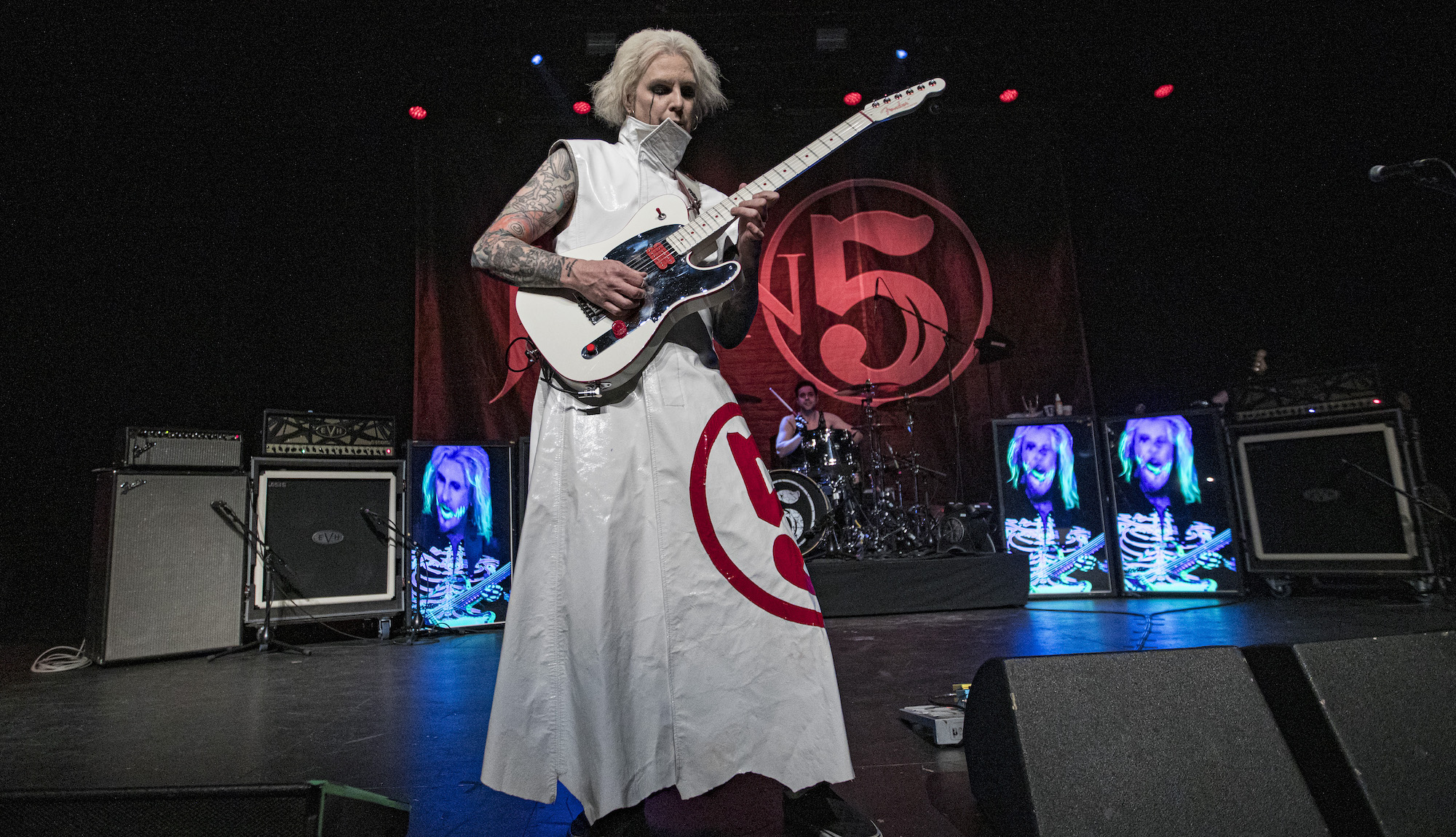
“A certain amount of humility and maturity is necessary when you’re playing with other people, especially if it’s a recording session. Remember, you’re there to do a job. Don’t play too loud. Don’t step on lyrics with solos or licks that get in the way. Be aware of people when they’re talking. Don’t interrupt. Listen. You don’t need to always speak up. If somebody wants your opinion, they’ll ask you what you think.
“You’re probably wondering, ‘Yeah, but when will it come time for me to shine and blow people away?’ The answer is simple: They’ll tell you. Trust me on that.”
- John 5 is set to hit the road with Mötley Crüe this summer. For a full list of the band's dates, visit their website
- Our pick of the best beginner electric guitars
Get The Pick Newsletter
All the latest guitar news, interviews, lessons, reviews, deals and more, direct to your inbox!

Joe is a freelance journalist who has, over the past few decades, interviewed hundreds of guitarists for Guitar World, Guitar Player, MusicRadar and Classic Rock. He is also a former editor of Guitar World, contributing writer for Guitar Aficionado and VP of A&R for Island Records. He’s an enthusiastic guitarist, but he’s nowhere near the likes of the people he interviews. Surprisingly, his skills are more suited to the drums. If you need a drummer for your Beatles tribute band, look him up.
“Write for five minutes a day. I mean, who can’t manage that?” Mike Stern's top five guitar tips include one simple fix to help you develop your personal guitar style
"It’s like you’re making a statement. And you never know where it’ll lead." Pete Thorn shares the tip that convinced Joe Satriani he was the right guitarist for the SatchVai Band



